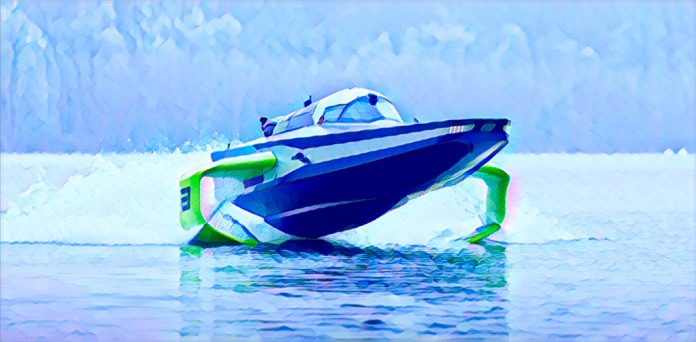KEY POINTS
- Jetties shut October 3–5 for E1 Championship.
- Lagos becomes Africa’s first host city.
- Race further promotes clean energy and blue economy.
The Lagos State Government will temporarily shut private and commercial jetties along the Five Cowries Creek this week as the city hosts the E1 Championship, the world’s first all-electric powerboat racing tournament.
The Lagos State Waterways Authority (LASWA) said the closures will run from October 3 to October 5 to guarantee safety and smooth operations during the event.
Restricted waterways during E1 Championship 2025
According to LASWA, a partial closure will begin Thursday, October 2, between Falomo Bridge and Oriental Hotel from 10 a.m. to 6 p.m. On Friday, October 3, there will be a full closure from Oriental Hotel to Mekwen Bridge within the same timeframe.
On October 4 and 5, race days, the waterways between Falomo Bridge and Oriental Hotel will remain fully closed from 8 a.m. to 6 p.m. Normal operations will resume on Monday, October 6.
“The restriction is a vital safety and security measure to ensure seamless event operations, safeguard lives, and project Lagos as a world-class destination for international sporting events,” LASWA said in its statement.
Lagos joins global race circuit
The E1 Championship was co-founded by Formula E creator Alejandro Agag and former Formula 1 engineer Rodi Basso. The race features hydrofoil-equipped “RaceBird” boats that rise above the water to reduce drag and emissions.
The series has also toured global venues such as Jeddah, Monaco, and Venice. Lagos will now make history as the first African city to host the championship.
Governor Babajide Sanwo-Olu, who announced the hosting rights in July, called it “a major milestone for the sport and for what it says about our city.”
Boost for sustainability and blue economy
Beyond spectacle, officials also say the race will spotlight eco-tourism, attract investment, and promote innovation in Africa’s blue economy.
Furthermore, “It shows Lagos is ready to be part of the global conversation on clean energy, sustainability, and new approaches to marine transportation,” Sanwo-Olu said.



